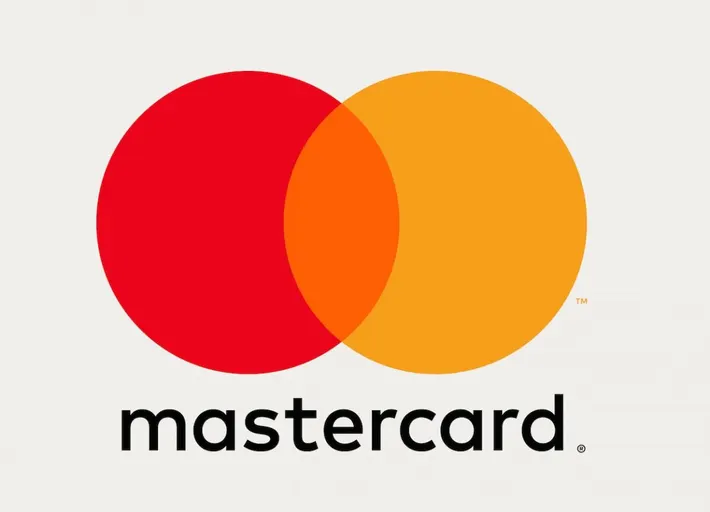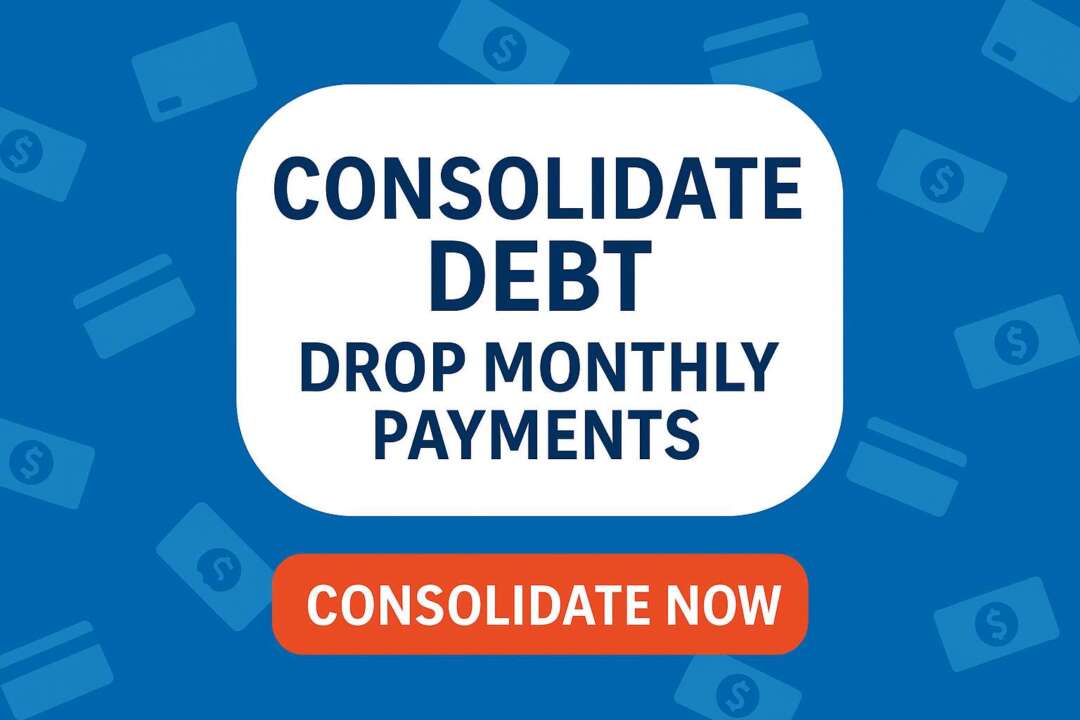Behavioral psychology and personal finance
The choice overload bias and the problem with too many choices. This is the fifth article in our behavioral psychology series by Jonathan Walker, Co-Author of Anchors, Ostriches, and a HotPair of Scissors: Navigating Human Behavior as a Financial Professional. In this series Jonathan will help you understand how your brain deals with personal finances. Understanding these principles will help you manage your money and possibly avoid common but costly mistakes. Here is the full series:
- How to recruit your brain to help with better personal finances
- When being hot can hurt your personal finances
- How doing nothing can blow up your personal finances
- How to use mental accounting to improve your personal finances
- How too many choices can ruin your personal finances
- How anchoring can hurt your personal finances
- How an ostrich can destroy your personal finances
How too many choices can ruin your personal finances with choice overload bias
Choice overload bias, in behavioral psychology, refers to the phenomenon where too many options can cause people to struggle to make a decision. Even if they don’t realize it immediately, it can actually cause us to be less satisfied with what we choose.
When we are faced with numerous options, we can become overwhelmed. We might be paralyzed from making a decision because we can’t compare all the options effectively. Sometimes we might delay a decision or make a rash choice. Other times we might make a decision based on a criteria that doesn’t really matter to us.
Choice overload bias–or having too many options–can hurt our finances when it causes us to make impulsive decisions.
5 Ways choice overload bias can ruin your personal finances
Here are 5 ways that having too many options to choose from can hurt our personal finances:
- Can’t make a decision: When faced with an overwhelming number of choices, we may struggle to actually make a decision. We might delay an important financial decision even if it could cause us to lose an opportunity, spend more money, or fail to protect ourselves.
- Make a rash decision: On the other hand, having too many choices could push us into making an impulsive decision. Feeling overwhelmed by the options, we may take the easiest or most familiar choice without thoroughly evaluating alternatives. We might make a decision that isn’t best for our situation, such as purchasing products or services without considering long-term value or comparing prices.
- Using bad information: With too many choices, we might not think deeply enough about the decision. We might skim through information, rely on superficial cues to make decisions, or ignore more complicated information altogether. We might not completely understand the terms, conditions, fees, or risks of the financial product or service we are looking at. Because we don’t look closely at the decision, we are more likely to make a bad decision that can lead to bad financial consequences.
- Regret for the decision: Having too many choices can cause us to regret whatever decision we make (even when the decision was a good one!) With too many options available, we are likely to second-guess our choice and wonder if we could have made a better decision. A sense of dissatisfaction and anxiety about financial decisions can erode our confidence in the decision we made.
- Missing a better option: Too many choices can make us more aware of the options that we didn’t take. We may worry about missing out on better options or feel overwhelmed by the need to thoroughly evaluate all the alternatives. It can cause us to fear committing to any choice. We might miss investment opportunities, delay savings, or avoid necessary financial commitments.
How to avoid letting too many choices ruin your personal finances
Recognizing the effects of having too many choices can help you avoid many of the problems, especially if you plan out how you will make the choice. You can make a more careful choice and make a better decision by doing the following things:
- Determine upfront how you will make the decision. What really matters to you? Set a clear decision criteria and priorities beforehand to narrow down choices.
- Seek advice from trusted sources, such as financial advisors or experts, to gain insights and recommendations.
- Conduct thorough research on a limited number of options, focusing on key factors that align with your personal financial goals.
- Break down complex decisions into smaller, manageable choices.
- Consider your personal preferences as well as your values when you identify the most important criteria for making the decision.





























